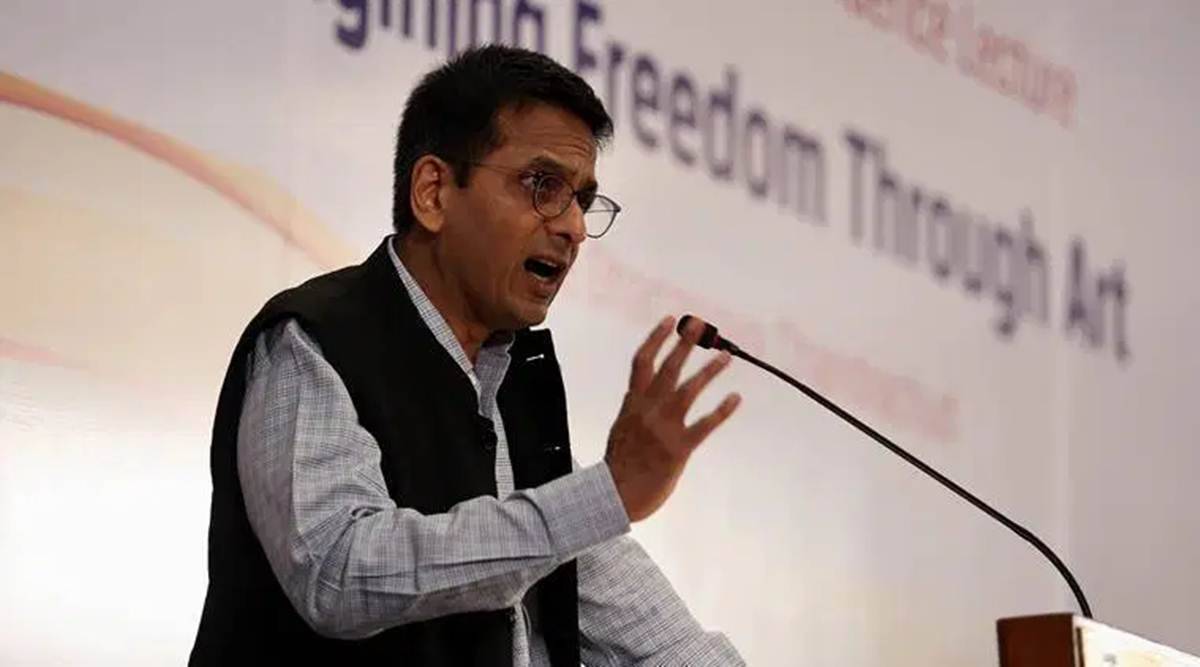Child sexual abuse remains a hidden problem, and the state must provide families with incentives to report abuse: CJI

Children’s sexual abuse remains a hidden problem due to a culture of silence. Therefore, the state must encourage families to report cases even where the perpetrator is a member of the family, said Chief Justice D Y Chandrachud on Saturday.
According to the Chief Justice of India, it is unfortunate that the criminal justice system functions in a way that sometimes compounds the trauma of victims, and the executive must therefore join forces with the judiciary to prevent this from happening. The CJI spoke at a two-day national programme on the Protection of Children from Sexual Offences (POCSO) Act.
As a result of the long-lasting consequences of child sexual abuse, it is imperative for the state and other stakeholders to create awareness of prevention, timely recognition, and legal remedies for child sexual abuse. It is important to teach children the difference between safe and unsafe touch. It was previously referred to as good touch and bad touch, but child rights activists have encouraged parents to use the words safe and unsafe because the terms good and bad have moral implications and may prevent abuse from being reported.
“Above all else, there is an urgent need to ensure that the ‘honor’ of the family does not take precedence over the best interests of the child.” He urged the state to encourage families to report abuse, even if the perpetrator is a family member.
“It is unfortunate that the criminal justice system has a tendency to compound drama, the trauma of victims. It is, therefore imperative that the executive branch work with the judiciary to prevent this from occurring,” said CJI Chandrachud.
The CJI also encouraged legislators to consider the growing concern regarding the age of consent in the POCSO Act when addressing the gathering.
It is well known that the POCSO Act criminalizes all sexual acts between minors regardless of whether consent has been provided factually, because the presumption of the law is that consent has not been provided.
In my experience as a judge, I have observed that this category of cases poses difficult questions to judges from all backgrounds. According to credible research by experts in adolescent healthcare, there is growing concern surrounding this issue which must be taken into account by the legislature. It would be best to leave this topic here since this topic is very vexed, as we see in courts every day.” he stated.
There is a great deal of reluctance among victims’ families to file a complaint with the police, so one must be very cautious about giving excessive power to the police.
There is no doubt that the slow pace of the criminal justice system plays a significant role in this situation. There are, however, other factors that play a significant role as well. The issue of the sexual abuse of children continues to be stigmatized in an extremely negative manner. Historically, a culture of silence has been rooted in shame and notions of family honor.
The perpetuation of harmful stereotypes contributes to the enshrinement of this culture of silence. In the first instance, there is the stereotype that only girl children are at risk for being sexually abused. Second, the perpetrator is viewed as a stranger. It has been demonstrated by researchers that boys are equally at risk of sexual abuse and that the victim knows the perpetrator in a large number of cases. In this regard, the problem of sexual abuse of children remains a hidden one. Chandrachud stated that if the parents of the child choose not to report the matter to the authorities, the child is left without a voice.
The Chief Justice of the Supreme Court stated that judges must remember that children may not have the same vocabulary as adults and may not discuss the details of the abuse in the same manner as adults.
However, this does not imply that they are unaware of the crimes committed against them. Different ages of children may express themselves differently. However, it is essential to understand the essence of what they are communicating, especially during cross-examination. A vulnerable class of people must have access to the criminal justice system that is tailored to their needs,” he explained.
A press release from the Supreme Court announced that the national consultation on the POCSO Act of 2012 is being organized in collaboration with Unicef.
As the seventh such consultation in relation to various child protection issues under the Supreme Court Committee, it concludes a series of similar consultations held at state levels across the country.



